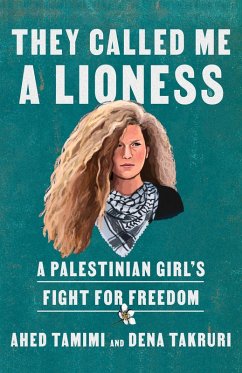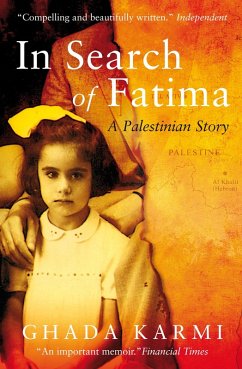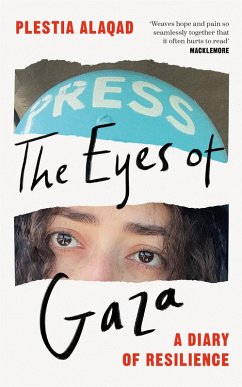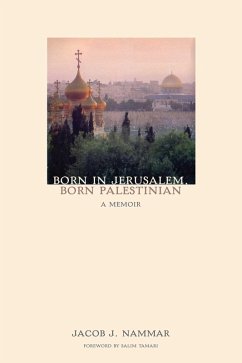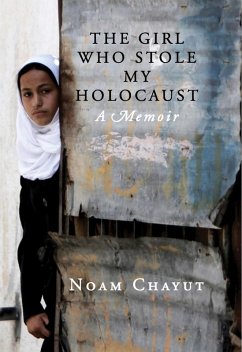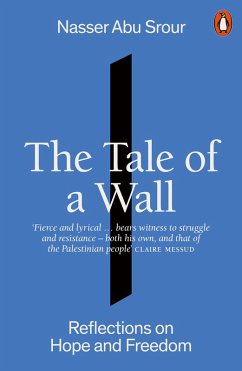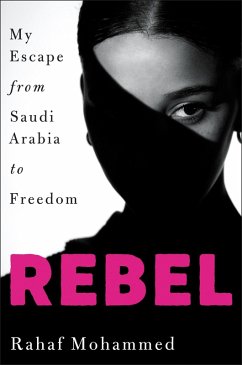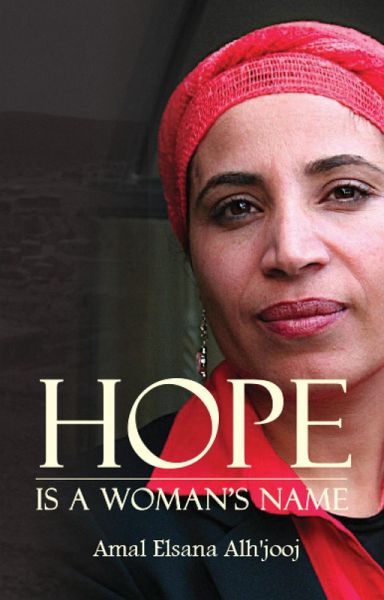
Hope is a Woman's Name (eBook, ePUB)

PAYBACK Punkte
0 °P sammeln!
The fifth daughter in a patriarchal society, and an indigenous Bedouin in Israel, Amal came into this world fighting for her voice to be heard in a community that did not prize girls. At birth it was only her father who looked at her and said "I see hope in her face. I want to call her Amal [hope] in the hope that Allah will give us boys after her." Five brothers were indeed to follow.Hope is a Woman's Name is a rare look at Bedouin life from the even rarer perspective of a Bedouin girl. Amal challenged authority from birth, slowly learning where her community's boundaries lay and how to navig...
The fifth daughter in a patriarchal society, and an indigenous Bedouin in Israel, Amal came into this world fighting for her voice to be heard in a community that did not prize girls. At birth it was only her father who looked at her and said "I see hope in her face. I want to call her Amal [hope] in the hope that Allah will give us boys after her." Five brothers were indeed to follow.Hope is a Woman's Name is a rare look at Bedouin life from the even rarer perspective of a Bedouin girl. Amal challenged authority from birth, slowly learning where her community's boundaries lay and how to navigate them.As a shepherd at the age of 6, Amal led her flock of sheep across the green mountains of Laqiya, her village in the Negev in southern Israel. Given such responsibility, though rarely recognition, Amal came to understand her community and forge her skills as a leader. Aged 13 and frustrated by the constraints put on her education as a girl, Amal set up literacy classes for the adult women in her village. She aimed to teach them not only how to read, but to value education itself: "I wanted them to taste an education so that they would never again deprive their daughters of one." This was the beginning of a lifelong career initiating projects that would help create change for the Bedouin - a minority within Israel's Palestinian minority - and for their women in particular. She established economic empowerment programmes for marginalized women, helped found an Arab-Jewish school, and created organizations to promote shared society. At every turn she had to face the challenges of tradition - as well as the prejudices of Israeli society - to create new possibilities that would allow women to empower themselves.Amal has learnt to embrace every aspect of her complicated identity - Bedouin, Arab, woman, Palestinian and Israeli citizen - to help create social change, build bridges with other communities and inspire hope. Hope is a Woman's Name is an intimate portrayal of a little-known culture and its strengths, values, morals and boundaries. It is a rare and moving story.
Dieser Download kann aus rechtlichen Gründen nur mit Rechnungsadresse in A, B, BG, CY, CZ, D, DK, EW, E, FIN, F, GR, H, IRL, I, LT, L, LR, M, NL, PL, P, R, S, SLO, SK ausgeliefert werden.




